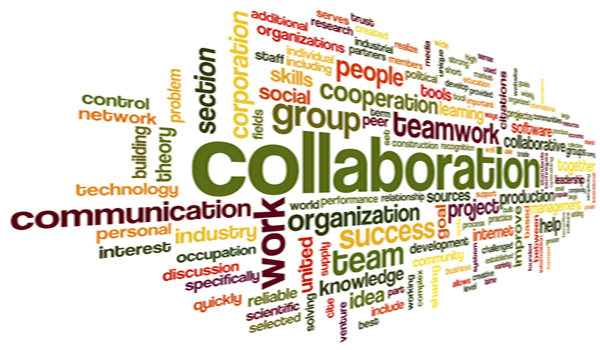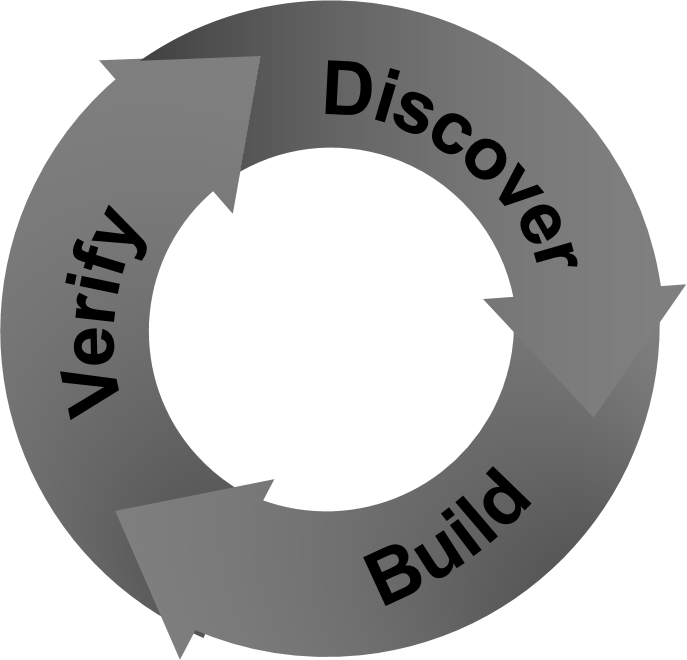
UX Design is a collaborative, iterative process....
Contrary to popular perception, UX Designers do not have "all the answers" to every design problem. Short of a few heuristics or best practices the solution to every UX issue is "it depends".
While obviously the end-user is a very important source of data, input from (and collaboration with) every person on the team (management, development, etc.) is vital to creating a usable, successful and profitable product.
Consider the following quote from Henry Ford that really gets to the heart of why I believe that engaging a diverse range of opinions is vital to to the creation of a useful, enjoyable and satisfying product.
"If I had asked people what they wanted, they would have said faster horses."
The design strategy for each project should engage anyone and everyone possible; business owners, stakeholders, business analysts, project managers, developers, data analysts, graphic designers, and marketing professionals all contribute to the overall user experience of the product. Explicitly making it clear that everyone is responsible for the user experience is not only good for the overall usability of the product but encouraging engagement from the entire team often helps increase morale and team dynamics.
I think that a successful UX designer works to collobaratively translate "faster horses" into credible requirements before facilitating discussion and collaboration to bring those requirements to fruition.
UX Design is a collaborative, iterative process....
Given that each project and situatoin has it's own unique context, it's difficult if not impossible to establish a "one size fits all" process that describes the complete UX lifecycle. It is possible to establish a general, loose framework for how to best solve problems, and personally I tend to use an iterative three phase model of "discover / build / verify". It's a relatively commonly used shorthand for the UX process, especially with Lean UX.
